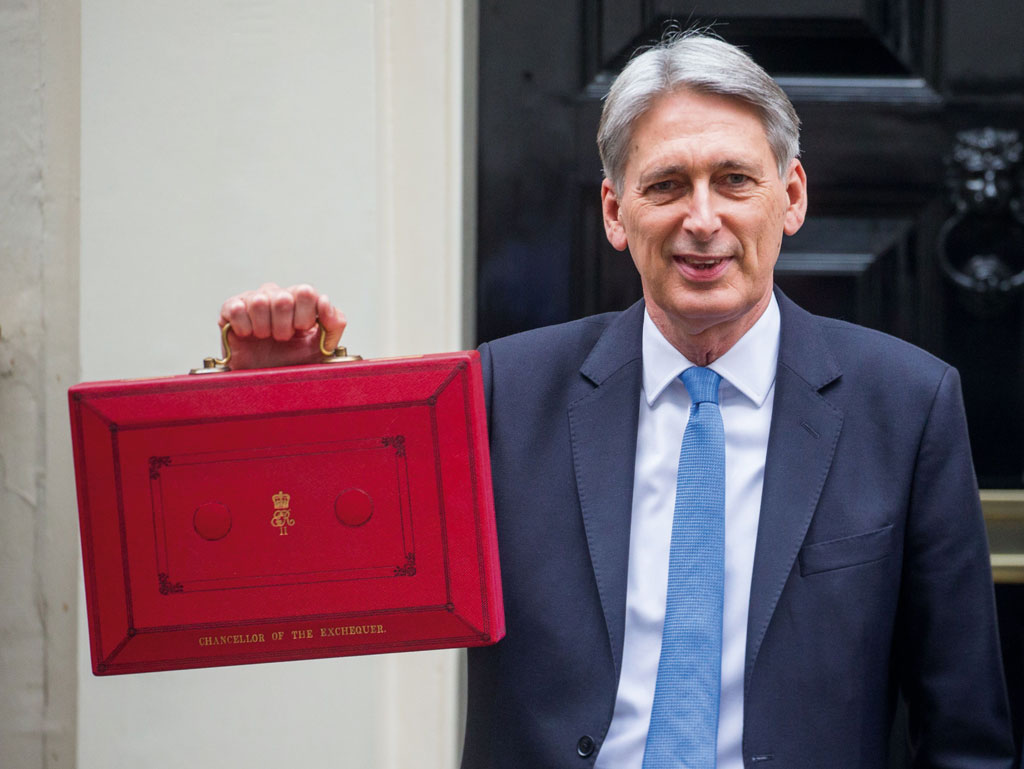
Lawyers have welcomed the 2017 Budget stamp duty cut, housebuilding boost, and freeze on the small business VAT threshold, but warned of the impact of ‘significant cuts’ to the justice budget.
For first time buyers, stamp duty is abolished with immediate effect for homes worth £300,000, and for the first £300,000 of properties in London worth up to £500,000.
Chancellor Philip Hammond said the move represented a ‘substantial downpayment’ on the government’s promise to help people buy their own home.
Law Society vice-president Christina Blacklaws said: ‘A lack of affordable housing is resulting in hundreds of thousands of renters forced to live in inadequate and unsafe conditions.
‘Coupled with cuts to legal aid and unclear legislation, many renters have no recourse, even when faced with appalling conditions. Promoting affordable housing is an important and positive step forward. Solicitors will be able to assist first time buyers in understanding what this means and the how it might help them purchase a new home.’
Cuts in funding
However, she added: ‘The 40% real cut in funding for the Ministry of Justice from 2011 to 2020 was notably absent from the Chancellor’s statement.
‘These cuts are having a real impact on the ability of the most vulnerable in our society to access justice. While we acknowledge the government’s recent announcement to review the Legal Aid, Sentencing and Punishment of Offenders Act, the significant cuts to the justice budget are still preventing effective justice for all.’
In a budget littered with jokes but containing few major announcements, Hammond also pledged £44bn loans and capital over the next five years to boost housing, with a goal of 300,000 new houses per year by the mid-2020s. He promised an extra £400m for estate regeneration, and £34m to develop construction skills.
Local authorities will be given powers to double the council tax on empty properties. Oliver Letwin MP is to lead an urgent review into land-banking in London, to examine the gap between planning permission and number of homes built. Compulsory purchase orders may be used to release the land.
Five new ‘garden towns’ will be funded by PPP and built in areas of high demand, including Oxfordshire.
Role of the council?
Scott Dorling, partner at Trowers & Hamlins, questioned whether the Chancellor could fulfil his promise of 300,000 new homes a year, a rate of housebuilding not seen since 1977.
‘In those days, local authorities were at the forefront of development, with almost half of new builds constructed by councils,’ Dorling said.
‘Amongst the measures, the government has promised to lift the Housing Revenue Account debt cap which would free up local authorities to build the housing needed. But the statement confirms that the debt caps will only be lifted in areas of high affordability pressures. How will those areas be defined?
‘A £1 billion cap on this additional HRA borrowing capacity, by 2020/2021 has been provided and councils are going to be asked to bid for this additional borrowing capacity. Will this measure lead to a renaissance in council house building on the scale that is needed to assist in reaching the 300,000 new homes target?’
The Chancellor also plucked an extra £3bn from his hat for Brexit preparations, and promised ‘more if needed’. He said preparations so far have cost £700m.
Benefits and allowances
Hammond promised £28m for three pilot projects to tackle rough sleeping, and made a commitment to halve rough sleeping by 2022 and eliminate it by 2027.
Delays with universal credit have forced some families into homelessness. To help claimants, Hammond is providing £1.5bn to remove the seven-day waiting period for universal credit claimants, provide an extra two weeks’ housing benefit and enable families in need to claim their first month’s payment within five days.
The minimum wage rises from £7.50 to £7.83. The personal allowance rises to £11,850, and the higher allowance to £46,350. The threshold for VAT will remain at £85,000 for the next few years. He will bring forward by a year the indexation of business rated from RPI to CPI, with no reduction in threshold.
The Chancellor also took aim at digital giants such as Amazon and Google, extending income tax to royalties in low tax jurisdictions, which will raise an extra £200m per year.






.tmb-mov69x69.jpg?sfvrsn=16d9dd3d_1)


